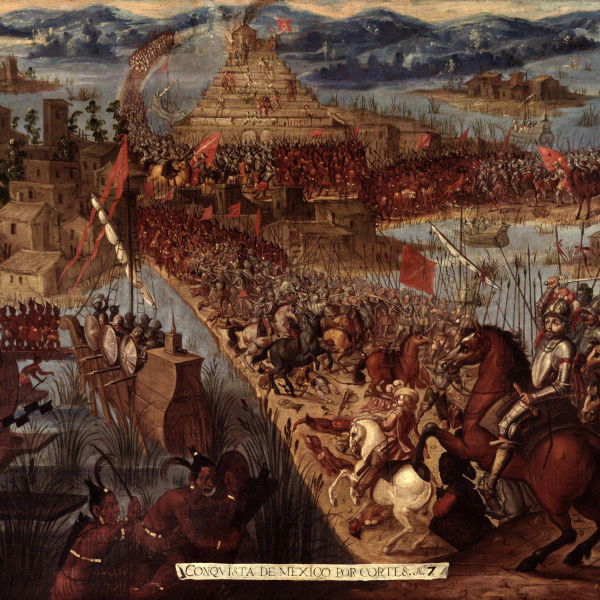Professor Jacobs is a cultural and intellectual historian of the Jews of the Mediterranean world during the medieval and early modern periods.
Born and raised in Germany, he earned both his PhD and Habilitation in Jewish Studies at the Free University of Berlin. Early in his career, he taught as a visiting lecturer at the University of Jordan, in Amman (1998-1999). Later Jacobs held visiting fellowships at the Hebrew University of Jerusalem (1999-2001), the Herbert D. Katz Center for Advanced Judaic Studies at the University of Pennsylvania (2001-2002, and 2011-2012), and the Oxford Centre for Hebrew and Jewish Studies (2003). During the 2018-2019 academic year, he was a fellow at the Frankel Institute for Advanced Judaic Studies, University of Michigan.
Jacobs is the author of three monographs and numerous articles whose topics range from rabbinic literature and culture to Jewish-Muslim encounters, medieval travel literature, and Jewish historiography.
His most recent book was published by University of Pennsylvania Press in 2014. Titled Reorienting the East: Jewish Travelers to the Medieval Muslim World, this study explores the Middle East as it was experienced, envisioned, and elaborated by Jewish travelers and writers during a period that, from a European perspective, is broadly considered the late Middle Ages but extends into early modern times (ca. 1150-1520). At the same time, the book appraises travel writing’s role in corroborating and challenging any sense of a clearly-defined East and West at the heart of Jewish constructions of identity and difference.
His second book similarly engages with Jewish encounters with Islam — in both a real and purely literary sense — but focuses on a different kind of primary sources. Islamische Geschichte in jüdischen Chroniken (published by Mohr Siebeck in 2004) investigates various Hebrew chronicles from the sixteenth and seventeenth centuries and their accounts of Muslim history. While Christian authors of the Renaissance period writing on Muslim history have already been extensively discussed by others this is the first study of comparable Jewish literature.
Jacobs's first book, Die Institution des jüdischen Patriarchen (published by Mohr Siebeck in 1995), is devoted to a central chapter of Jewish history during the late Roman era, the institution of the Jewish Patriarch (Hebrew: nasi), and offers a methodological case study in how to evaluate rabbinic literature as a historical source.




